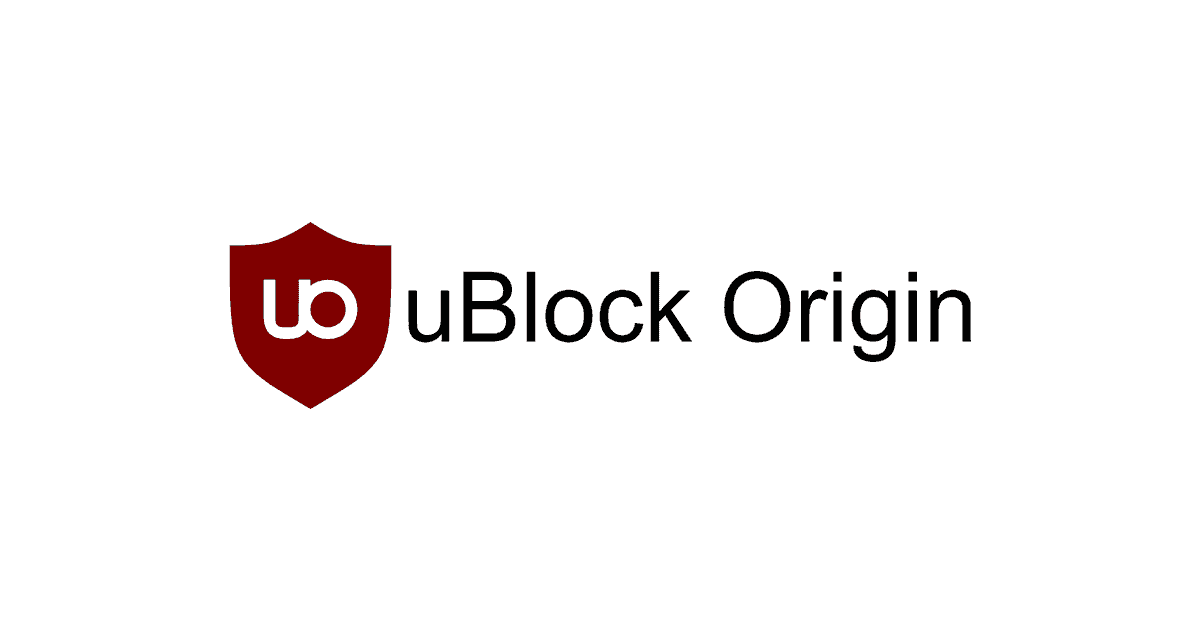Chrome’s decision to disable uBlock Origin has sparked concern among users who rely on the popular ad blocker. Google plans to phase out uBlock Origin and other Manifest V2 extensions in Chrome by June 2024. This change comes as part of Chrome’s transition to Manifest V3, a new extension framework aimed at improving browser security.
The move has significant implications for users who value ad-free browsing experiences. uBlock Origin is known for its effectiveness in blocking ads and tracking scripts. Its potential removal from Chrome could lead to increased ad exposure and potential privacy concerns for many users.
Google’s shift to Manifest V3 limits the capabilities of content blockers like uBlock Origin. This change affects how extensions can filter network requests, potentially reducing their effectiveness. As a result, users may need to explore alternative browsers or ad-blocking solutions to maintain their preferred browsing experience.
The Manifest V3 Transition and uBlock Origin’s Removal
Google’s decision to replace Manifest V2 (MV2) extensions with Manifest V3 (MV3) has caused significant controversy, particularly among users who rely on ad blockers like uBlock Origin. This transition, completed in January 2024, aimed to improve security and performance. However, it also introduced limitations that directly impacted the functionality of uBlock Origin.
Technical Reasons for uBlock Origin’s Removal
MV3 introduced changes to how extensions interact with web requests. It restricted the number of rules an extension could use to block content and limited access to certain web request APIs. These changes significantly hampered uBlock Origin’s ability to effectively block ads and trackers.
Raymond Hill, the developer of uBlock Origin, has been a vocal critic of MV3. He argued that the changes imposed by MV3 would severely compromise the extension’s ability to provide comprehensive ad blocking. Hill refused to cripple uBlock Origin’s functionality to comply with MV3’s limitations.
The Impact on Users
The removal of uBlock Origin from the Chrome Web Store has left many users searching for alternatives. While some Manifest V3-compliant ad blockers exist, they often lack the power and flexibility of uBlock Origin. This has led some users to switch to other browsers like Firefox, which still supports the original uBlock Origin extension.
Is uBlock Origin Back?
The original version of uBlock Origin is not fully operational due to Google Chrome’s implementation of Manifest V3, which significantly restricts its capabilities. However, there is a “uBlock Origin Lite” version available that complies with Manifest V3. This version functions as a less powerful alternative to the original uBlock Origin on Chrome-based browsers.
Key points about the situation:
- Manifest V3 limitations:Google’s new Manifest V3 standards restrict the capabilities of older ad-blocking extensions like the original uBlock Origin, impacting its effectiveness on Chrome.
- uBlock Origin Lite:To address this, developers created “uBlock Origin Lite” which adheres to Manifest V3 but may lack some advanced features compared to the original.
- Other browsers unaffected:If you use a browser other than Chrome (like Firefox), the original uBlock Origin should still work as intended.
Alternatives to uBlock Origin
| Alternative | Description |
|---|---|
| uBlock Origin Lite | A Manifest V3-compliant version of uBlock Origin with reduced functionality. |
| Firefox with uBlock Origin | Firefox continues to support the full-featured uBlock Origin extension. |
| Brave Browser | Brave includes a built-in ad blocker that provides effective protection against ads and trackers. |
While uBlock Origin is no longer available on the Chrome Web Store, its legacy continues to fuel discussions about online privacy, user choice, and the role of ad blockers in the web browsing experience.
Key Takeaways
- Chrome will disable uBlock Origin and other Manifest V2 extensions by June 2024
- The change is part of Chrome’s transition to the new Manifest V3 framework
- Users may need to consider alternative browsers or ad-blocking solutions
Evolution of Chrome’s Extension Framework
Google Chrome’s extension framework has undergone significant changes in recent years. These updates aim to improve security, privacy, and performance while impacting the functionality of popular ad-blocking extensions.
The Shift from Manifest V2 to Manifest V3
Chrome is transitioning from Manifest V2 to Manifest V3 for extensions. This change introduces new APIs and removes some older ones. Manifest V3 limits the power of content blockers by replacing the WebRequest API with the DeclarativeNetRequest API.
The new API restricts the number of filtering rules extensions can use. This change affects how ad blockers and other content filtering extensions operate. Google argues that these changes will improve browser performance and user privacy.
Chrome began phasing out support for Manifest V2 extensions in 2022. The browser now disables and suggests removing extensions not updated to Manifest V3.
Impact on uBlock Origin and Other Ad Blockers
The shift to Manifest V3 has significant implications for popular ad blockers like uBlock Origin. These extensions rely on the WebRequest API to function effectively.
uBlock Origin, with over 37 million users, faces challenges adapting to the new framework. The extension’s developer has voiced concerns about the limitations imposed by Manifest V3.
Some ad blockers have created alternative versions to comply with the new rules. For example, uBlock Origin Lite was launched as a Manifest V3-compatible option. However, it may not offer the same level of ad-blocking capabilities as its predecessor.
Google’s Stance on Privacy and Ad Blocking
Google defends the move to Manifest V3 as a step towards enhancing user privacy and security. The company claims the new framework will make it harder for malicious extensions to access sensitive user data.
Critics argue that these changes primarily benefit Google’s advertising business. They suggest that limiting ad blockers’ effectiveness could lead to increased ad exposure for users.
Google maintains that content filtering will still be possible under Manifest V3. The company encourages developers to adapt their extensions to the new framework.
The ExtensionManifestV2Availability policy outlines the timeline for phasing out older extensions. This gradual approach aims to give developers time to update their products.







